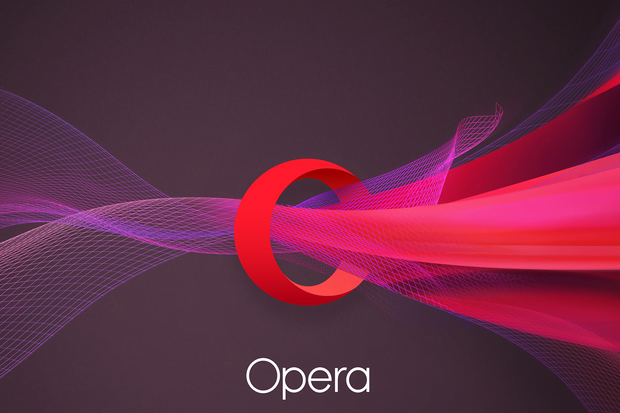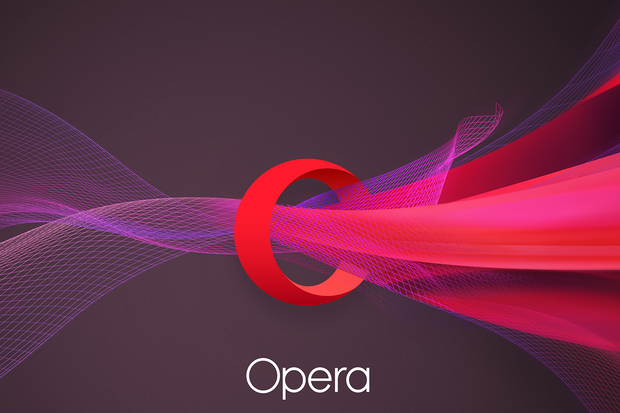

Opera software these days disputed Microsoft’s declare that aspect, the default browser bundled withwindows 10, consumes much less strength on a pc than Opera’s flagship.
“We find it irresistible when someone choices a combat,” wrote Blazej Kazmierczak, Opera’s director ofsoftware improvement for the desktop Opera browser, in a Wednesday put up to a company blog. “If we get crushed in a test like this, we recollect it a computer virus.”Opera has waged a minor public family members marketing campaign the ultimate numerous months, supported through new capabilities —together with an elective power saver and an also–elective baked-in advert-blocker — in a bid to enhanceutilization.
The strength intake–discount setting, that is off through default, turned into delivered in mid-may to Opera’s developer preview channel, then rolled out to the manufacturing-grade construct with version 38two weeks ago. At both times, Opera trumpeted the electricity financial savings of the characteristic,maintaining that jogging its browser led to a forty five% to fifty four% boom in battery longevitycompared to Google’s Chrome.
Opera had now not blanketed area in its take a look at — nor Mozilla’s Firefox — but as a substitutecentered at the chief, Chrome, which became the arena‘s maximum-run browser in April.
Kazmierczak said that part have been untested until nowadays as it ran simplest on home windows 10; he then provided new findings that claimed Opera ran 35% longer than aspect earlier than the testnotebook‘s battery died.
however even as Kazmierczak stated that the two assessments — Microsoft’s and Opera’s — were similar,no longer equal, he not noted different information. Opera turned into run with both the battery saver and the local ad-blocker enabled. Microsoft, however, said that it had examined browsers “with nonespecial battery saving mode or changes to the default settings,” which indicated that it did no longer switch on either Opera’s battery saver nor the ad-blocker.
An advert-blocker ought to result in longer battery existence, as some of the computer‘s prime electricitycustomers — the primary processing unit (CPU) and the pictures chipset — can be called less often, andwhen engaged, will work less hard, while the browser does not render and display classified ads. (for instance, Opera’s argument for putting an ad-blocker in its browser has been largely based totally onstrength financial savings.)
other browser makers waded into the talk over energy today.
“we have made giant upgrades to power intake inside the past few releases, and it is an area ofpersisted attention and investment,” Google stated in a response to a request for remark. “considering that the beginning of the 12 months, we’ve made a 33% improvement in video playback GPU/CPU [graphics processing unit/central processing unit] energy intake on home windows 10. And by Chrome 53, we feel confident that we’ll be at parity with other browsers in phrases of electricity intake for the general public of video playback on the net.”
The strong build of Chrome is currently on model 51; model fifty three have to reach customers in early September.
Google additionally contended that its exams — which measure CPU and GPU power intake — showedthat all browsers, which include edge and Chrome, depleted the battery at similar rates on home windows 10.
Mozilla did now not right away reply to a request for touch upon Microsoft’s original claims.
Opera is in fifth location many of the pinnacle 5 browsers in all analytics tracking of person estimates andreal usage. net packages, for example, said Opera accounted for 1.7% of all browsers used during can also. Chrome, in the meantime, become within the top spot with a forty five.6% usage share. internetapplications pegged area‘s share at 5% of all browsers on all laptop platforms, or 28.5% of these onhome windows 10.




